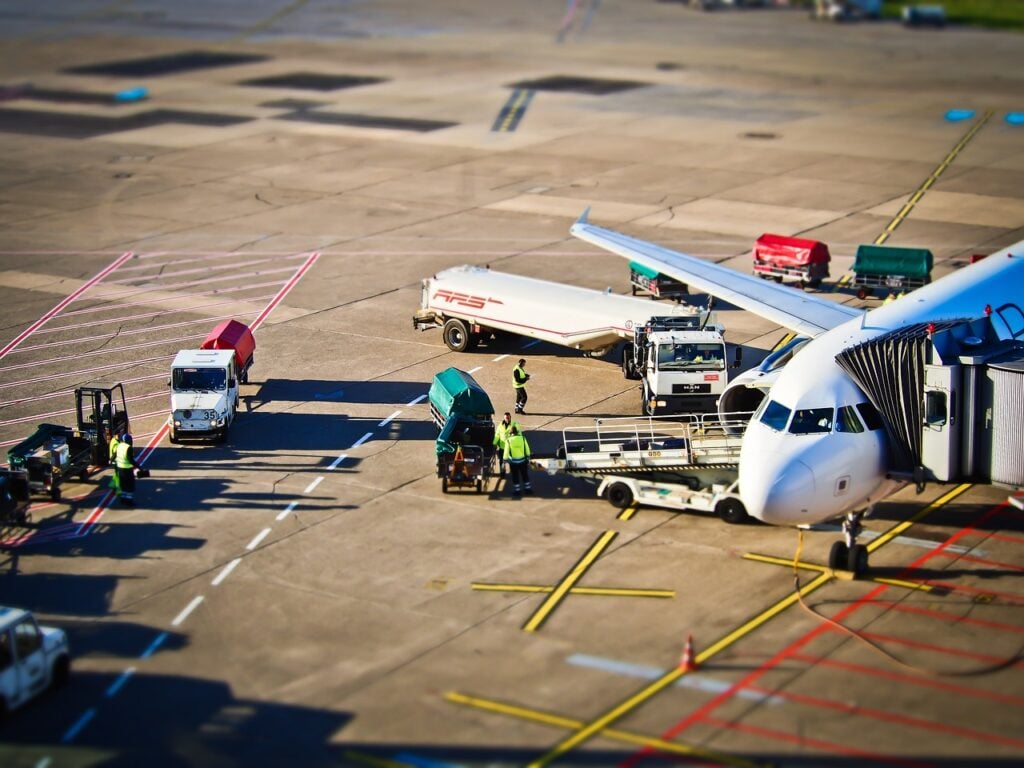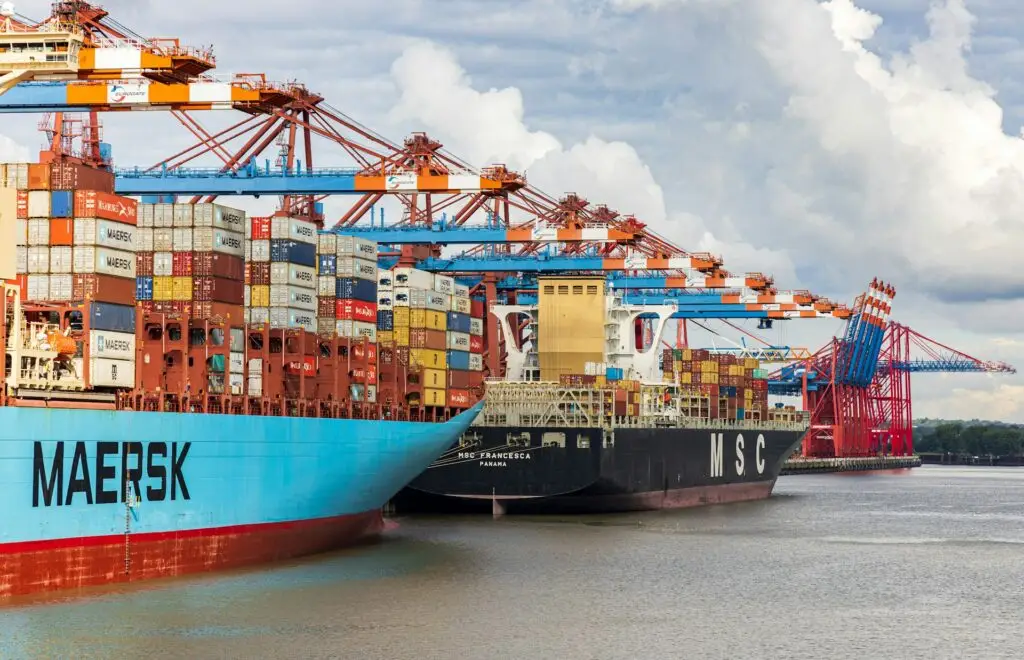The Corporate Sustainability Reporting Directive (CSRD) is reshaping sustainability reporting for freight forwarders operating within the European Union. As regulatory requirements tighten, companies must understand the CSRD timeline, reporting deadlines, and compliance processes.
This directive mandates greater transparency in environmental, social, and governance (ESG) practices, requiring freight forwarders to integrate structured sustainability data into their management reports.
Freight forwarding and logistics companies must begin preparing now to ensure compliance with the upcoming deadlines. This guide outlines the CSRD timeline for freight forwarders, disclosure requirements, and key steps for compliance.
Understanding the CSRD and Its Impact on Freight Forwarding
What is the Corporate Sustainability Reporting Directive (CSRD)?
The CSRD replaces the Financial Reporting Directive (NFRD) to enhance ESG transparency. Introduced by the European Commission, the directive ensures that businesses provide standardized and comparable sustainability reports aligned with European Sustainability Reporting Standards (ESRS). This shift allows investors, regulators, and stakeholders to assess a company’s environmental and social impact more effectively.
Who Needs to Comply with CSRD?
CSRD compliance applies to companies operating within EU member states and businesses engaged in an EU regulated market. Applicability is determined based on specific size and financial criteria:
- Large companies with more than 250 employees.
- Public interest entities with 500 employees, already reporting under NFRD.
- Companies meeting at least two of the following three thresholds:
- €20 million in total assets.
- €40 million in net turnover.
- 250 employees or more.
- Non-EU companies with a net turnover of over €150 million within the EU.
CSRD Timeline for Freight Forwarders and Logistics Companies
Key Deadlines Based on Financial Year (FY)
Understanding the financial year (FY) reporting deadlines is critical for freight forwarding companies:
- 2024: Companies already subject to NFRD must integrate CSRD disclosures for FY 2024, reporting in 2025.
- 2025: Large companies meeting two of the three size criteria must submit their first CSRD report for FY 2025, reporting in 2026.
- 2026: SMEs listed on an EU regulated market must comply with CSRD for FY 2026, reporting in 2027.
- 2028: Non-EU companies generating over €150 million in the EU must comply with CSRD for FY 2028, submitting reports in 2029.
These deadlines highlight the need for freight forwarders to adopt structured data collection and sustainability reporting processes well in advance.
Disclosure Requirements and Reporting Processes for CSRD Compliance
European Sustainability Reporting Standards (ESRS)
Freight forwarders must adhere to European Sustainability Reporting Standards (ESRS), ensuring comprehensive sustainability data integration into management reports. ESG data, including environmental impact, social and governance practices, and financial risks, must be systematically reported under the CSRD framework.
What Freight Forwarders Need to Disclose
CSRD mandates disclosures covering:
- Environmental impact: CO₂ emissions, energy efficiency measures, and supply chain sustainability efforts.
- Social and governance (ESG) factors: Employee well-being, human rights policies, and ethical business operations.
- Financial risks: Climate-related financial risks affecting logistics and freight operations.
Mandatory Digital Reporting Format
The CSRD requires structured data collection and submission in a digital format under ESRS guidelines. Automation tools and AI-driven reporting solutions are essential for ensuring accurate and compliant sustainability disclosures.
How Freight Forwarders Can Prepare for CSRD Compliance
1. Build a Robust Data Collection System
Freight forwarders should establish a structured data collection process to monitor sustainability metrics efficiently. Real-time tracking tools can enhance emissions reporting accuracy and facilitate compliance with CSRD disclosure requirements.
2. Develop Internal Reporting Processes
Companies must standardize their CSRD report preparation workflow. Training internal teams on CSRD disclosure requirements ensures compliance readiness ahead of reporting deadlines.
3. Align with European Sustainability Reporting Standards (ESRS)
Freight forwarders must integrate sustainability reporting within their management reports. Ensuring compliance with ESRS regulations is crucial for maintaining transparency and regulatory adherence.
4. Leverage Technology for CSRD Reporting
AI-powered reporting systems simplify sustainability disclosures, enabling freight forwarders to automate data collection, emissions tracking, and compliance verification.
The Business Benefits of CSRD Compliance for Freight Forwarding
Enhancing Competitive Advantage in EU Markets
CSRD compliance opens doors to EU regulated markets, improving business opportunities and investor relations. Companies adhering to CSRD requirements gain a competitive edge in global freight and logistics operations.
Strengthening ESG Credibility and Stakeholder Trust
Transparent sustainability reporting demonstrates a commitment to environmental social and governance (ESG) principles, enhancing a company’s brand reputation and stakeholder trust.
Avoiding Financial and Legal Risks
Non-compliance with CSRD may result in financial penalties, loss of market access, and reputational damage. Early compliance ensures operational continuity and mitigates regulatory risks.
Final Thoughts
Start Early to Meet the CSRD Deadline for Freight Forwarding
Freight forwarders must proactively prepare for CSRD reporting before the first compliance deadlines. Developing internal sustainability reporting processes, aligning with ESRS, and investing in data collection tools will ensure a seamless transition.
Integrate CSRD Into Long-Term Sustainability Strategies
Beyond compliance, integrating CSRD reporting into long-term sustainability goals is crucial. The future of freight forwarding depends on compliance, transparency, and innovation in sustainability practices. Companies that embrace CSRD requirements today will be better positioned for success in a rapidly evolving logistics sector.





